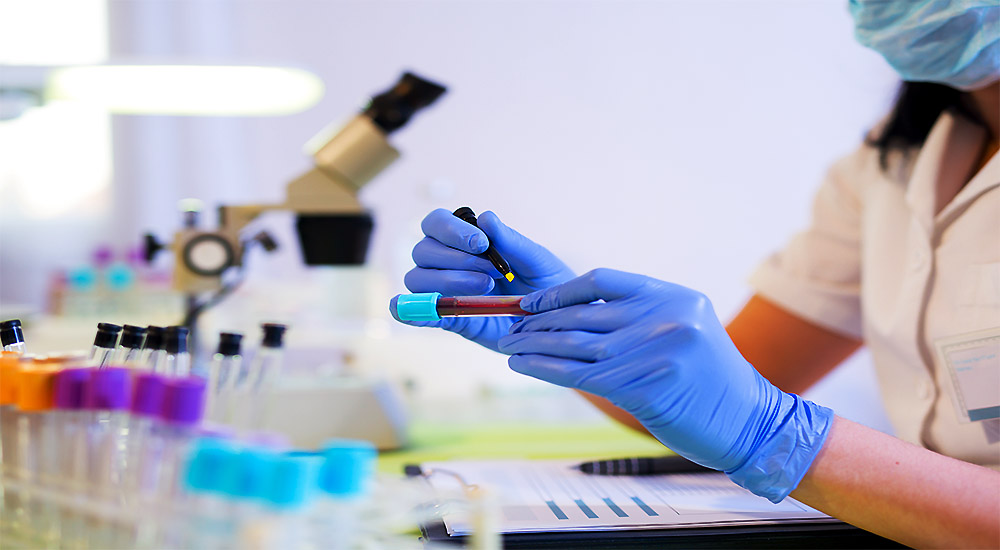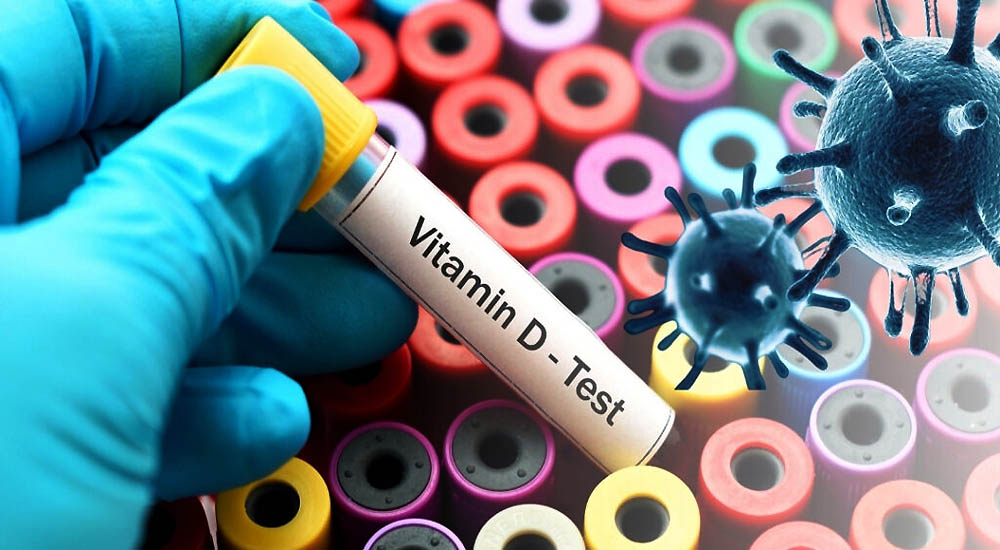Gluten Intolerance & Celiac – Inaccurate lab tests?

I recently received a comment from a woman regarding her lab test results. Her IgA (pronounced I-G-A, not “iga”), which stands for immunoglobulin A was very low and she wondered if this meant that she suffered from gluten intolerance.
The answer is that it definitely could mean that, and more importantly, it could also cause some gluten tests to “appear” negative when in fact they aren’t.
Is Your Immune System Working Normally?
Let’s look at the immune system a moment so that we can understand the significance of IgA. Ig is short for immunoglobulin and we have several different immunoglobulins in our body – A,E,G,M. Their job is to protect the body from infection.
The specific “A” immunoglobulin is found predominantly on the mucosal surfaces of the body that interact with the external environment such as the mouth, eyes, sinuses, lungs, and GI tract. Even though the GI tract seems deep within the body, it is interacting with food coming from the outside, and so very much interacts with the outside environment.
There is a condition called Selective IgA Deficiency where people make very little (<7 on a lab test) or no IgA at all. While this often coincides with a body that suffers from recurrent infections such as sinusitis, bronchitis, ear infections, and the like, sometimes a person has only mild or no demonstrable symptoms.
There is also a deficiency of IgA where it is low (>7 on a lab test) but the body still has the ability to manufacture it. The former is a genetic condition and the latter is more the result of stress upon the immune system from various sources.
It is estimated that 10% of those with Selective IgA Deficiency Disorder will develop celiac disease, but the question is whether anyone will ever detect it. I think you’ll find the reason very interesting and it applies to those with the genetic condition as well as those who are just deficient…
What Gluten Intolerance Lab Tests Look For
Here at Root Cause Medical Clinic, when we perform a celiac and gluten sensitivity panel we always include a total IgA level. We’ve been doing this for years. Why? Because most celiac and gluten sensitivity tests are measuring, in part, the IgA response to gluten.
The area that we’re trying to evaluate when it comes to both celiac and gluten sensitivity is the small intestine – remember IgA predominates there. The big question we’re asking when performing lab tests is if gluten is:
• creating intestinal damage to the structural lining of the small intestine (tTG or deamidated gliadin test are commonly used) or,
• creating inflammation without overt structural damage (anti-gliadin antibody test is used most often)
Why They Can Be Inaccurate
For accuracy to occur, the IgA portion of the immune system but be able to demonstrate a response. It would be like trying to decide which cookie a group of children liked best when all of those who liked the cookie were told to leave the room! When you asked for a response you wouldn’t get one because no one was there.
Now imagine that your gut is having a terrible time with gluten but the yardstick you’re using to try to find that out is a substance that isn’t there or is extremely deficient. (By the way, because this issue of low IgA is quite common amongst celiacs and those with gluten sensitivity, we also measure an additional immunoglobulin, IgG, in order to prevent the need to redo the lab test. This can save quite a bit of time and uncertainty of diagnosis.)
When I initially review a lab test my eye first goes to the total IgA value. If this is very low I know instantly that the rest of the lab values that reflect IgA activity are false and cannot be used. Imagine a celiac with a low IgA whose doctor decided to perform a celiac test. The marker is negative and the person is told they don’t have the celiac disease even though they do.
If you’re thinking there’s an awful lot to consider when evaluating for gluten problems you’re right. And it’s unfortunate but most clinicians don’t test total IgA because they don’t understand the need for it.
While the genetic disease isn’t terribly common (estimates vary but about 1:500) here at the clinic we frequently find the latter condition of deficiency. We expect those numbers to normalize as the patient’s health improves and that’s typically what we see.
How to Ensure Accurate Results
What can you do if you’ve been testing and retesting and you still suspect you have a problem with gluten intolerance despite the tests showing negative? You have a few options:
1. You could ask your doctor to test your total IgA. If it’s deficient then you know that you potentially have been getting falsely negative test results. You could then get IgG tests performed. If these are negative you should still consider the rest of these options.
2. Remove gluten from your diet completely for just 30 days. Feeling better from having done that is a valid test in itself.
3. Get a gene test, preferably for both celiac disease and gluten sensitivity. The beauty of this test is that you don’t have to be eating gluten to get it performed. If you carry the genes for celiac you will then know it and that could be helpful for other family members. Note: If you don’t carry the genes you can still be gluten sensitive.
Yes, I do think it’s important to test for celiac but the tests aren’t sensitive enough in the best of conditions, let alone when the part of the immune system that you’re evaluating is extremely suppressed.
And while intestinal biopsies are frequently touted as the “gold standard” they have multiple liabilities, the greatest of which is that by the time they’re positive the patient has usually been suffering from gluten damage for many, many years and a tremendous amount of damage has been done.
If the biopsy was a highly sensitive, early detector I would be its biggest fan, despite its invasive qualities. Unfortunately, it isn’t.
My major purpose for this post is to ensure that those being tested for celiac disease and gluten sensitivity are tested in a manner similar to what we do here at Root Cause Medical Clinic. Being thorough can prevent false negatives, something we are all trying to avoid.
Please let me know if I can answer any questions. Root Cause Medical is a destination clinic and we see patients from across the country as well as internationally. We are here to help you, your family, and your friends.
Do you need help with your health?
We have the diagnostic and testing tools, the clinical experience, and a different medical approach to discovering the root cause of why you have the symptoms that are bothering you. As long as you are ready to make some dietary and lifestyle changes, we can help you. We will "hold your hand" through the changes, step by step, to make each step an easy one. We are located in Clearwater, FL, at 1000 S Ft Harrison, at the corner of Ft. Harrison Ave. and Magnolia St. There is plenty of parking space directly accessible from Ft Harrison. If it is not convenient for you to come to Root Cause Medical Clinic, we offer telehealth/telemedicine consultations to residents of certain states. Call us for details.
Contact us for a Consultation – Call 727-335-0400

Dr. Vikki Petersen DC. CCN
Founder of Root Cause Medical Clinic
Certified Functional Medicine Practitioner
Dr Vikki Petersen is a public speaker, author of two books, several eBooks and creates cutting edge content for her YouTube community. Dr Vikki is committed to bringing Root Cause Medicine and its unique approach to restoring health naturally to the world.
Ask a Doctor
Have a health concern you'd like to speak with a doctor about? Or just want clarity on a subject? Ask Us!



